Flexibility and the workplace of the future: What does that mean?
On Wednesday, March 11, 2020, the World Health Organization declared the rapidly spreading coronavirus a global pandemic. Within days, employers across the world sent workers home to work remotely. Soon after that, a Gartner survey of top executives showed that roughly half of their organizations had more than 80 percent of their employees working from
Skate Shorter Shifts: A Strategy for Focus
Use this hockey lesson to remain focused amidst distractions. If you’re struggling to stay focused throughout this pandemic, you’re not alone—it’s a recurring theme for workers across organizations and industries. There are countless distractions every day as coronavirus concerns, economic uncertainties, and social unrest compound the challenges of working from home with partners, pets, and children.
From Restless to Rest: 3 Steps to Find Meaning in 2020
While 2020 draws to a close, one prevailing sentiment is, “Good riddance.” As a leader, you may be growing restless to wrap up this year and move forward to a better year in 2021 (whatever that means). Not so fast, I say. Don’t overlook the opportunity to discover meaning from a year that no one anticipated,
Leading Yourself Through a Crisis
Strengthening your self-leadership skills will not only make you a better team leader—it will also empower you to face the stress and distractions of a historic crisis with energy and insight. I will never forget March 9, 2020. The morning started off like any other day on the road for me. I left a client meeting
This Underrated Leadership Skill is More Important than Ever
Of all the skills leaders need to be successful, active listening may be the most overlooked and underrated. Active listening has become even more vital during the global pandemic, as many organizations work in a remote environment. As a result, substantial communication has shifted to virtual platforms like Zoom and Microsoft Teams. While meeting virtually may
5 Tools for Mastering Remote Leadership
Effectively leading remote teams is now—and forever will be—an essential leadership competency. March 2020 will always be remembered as the month when the coronavirus pandemic began to escalate in the United States. Professional and college sports paused, many businesses closed their doors, and organizations sent millions of workers home to work remotely. A Gartner survey showed
Be the CEO of Your Career
Who is the person most responsible for your career success? It’s you! It’s imperative to take ownership of your career trajectory. You need to care more about your career advancement than anyone else. This was true prior to the arrival of the COVID-19 crisis. It’s even more true now as we face continued uncertainty during the
The Case for Upskilling Your EQ
There are career risks for accounting and finance professionals who forget to develop emotional intelligence alongside technology skills. Upskilling is on a rapid ascent in Google search trends and as a hashtag on social media platforms. The concept is gaining traction in the accounting industry after PwC announced its commitment to spend $3 billion on upskilling
How to Make the Business Case for Change
McKinsey & Company’s research suggests that 70 percent of change efforts fall short of their objectives or fail altogether. That creates a challenge for you as a leader to obtain approval for change initiatives when you are not the ultimate decision-maker. Increase the likelihood of getting approval from your superiors by making a strong business case
Leading Change with Emotional Intelligence
Emotional intelligence (EQ) is a primary driver of leadership effectiveness. Numerous research studies identify EQ as more important than technical skills, industry knowledge, and other factors that set apart top-performing leaders. EQ expert Daniel Goleman credits emotional intelligence for 90% of the difference between star performers and average ones in senior leadership roles. EQ is essential












